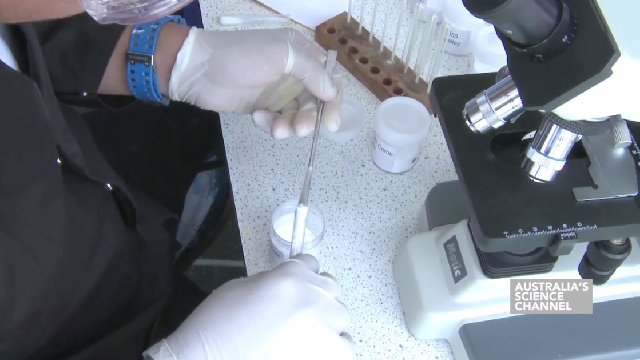Last updated January 10, 2018 at 8:50 am
A recipe for a good memory might be anything with lots of leafy vegetables.
An observational study from the US found that people who regularly eat their greens had a slower decline of memory and thinking skills compared to people who never or rarely eat these types of veggies.

Credit: iStock
The difference was so great, the salad-lovers were the equivalent of 11 years younger in age.
“Adding a daily serving of green, leafy vegetables to your diet may be a simple way to foster your brain health,” says study author Martha Clare Morris.
“Projections show sharp increases in the percentage of people with dementia as the oldest age groups continue to grow in number, so effective strategies to prevent dementia are critical.”
Each participant in the study was annually required to submit a questionnaire detailing their eating habits and undergo a thinking and memory skills test.
Even in the face of risk factors such as smoking and obesity leafy greens were beneficial
There were 960 total participants with an average age of 81, and an average participation length of 4.7 years (although some were studied for twice as long). The researchers could then compare their leafy green intake with their cognitive test results.
Even when the researchers accounted for factors like obesity, high blood pressure, education level, and smoking, which can all affect brain health, the green, leafy vegetables were still beneficial.
Knowing what we do about nutrition, it’s not hard to sign off on the advice to add more veggies to anyone’s diet. But the author does note that the study only shows an association, not proof.
As well, as the focus was on older, mainly white adults, the results may be different for young people and other ethnicities.
But come on… you really do win friends with salad.
This research was published in Neurology.





























































































































































































































































































































































































































































































